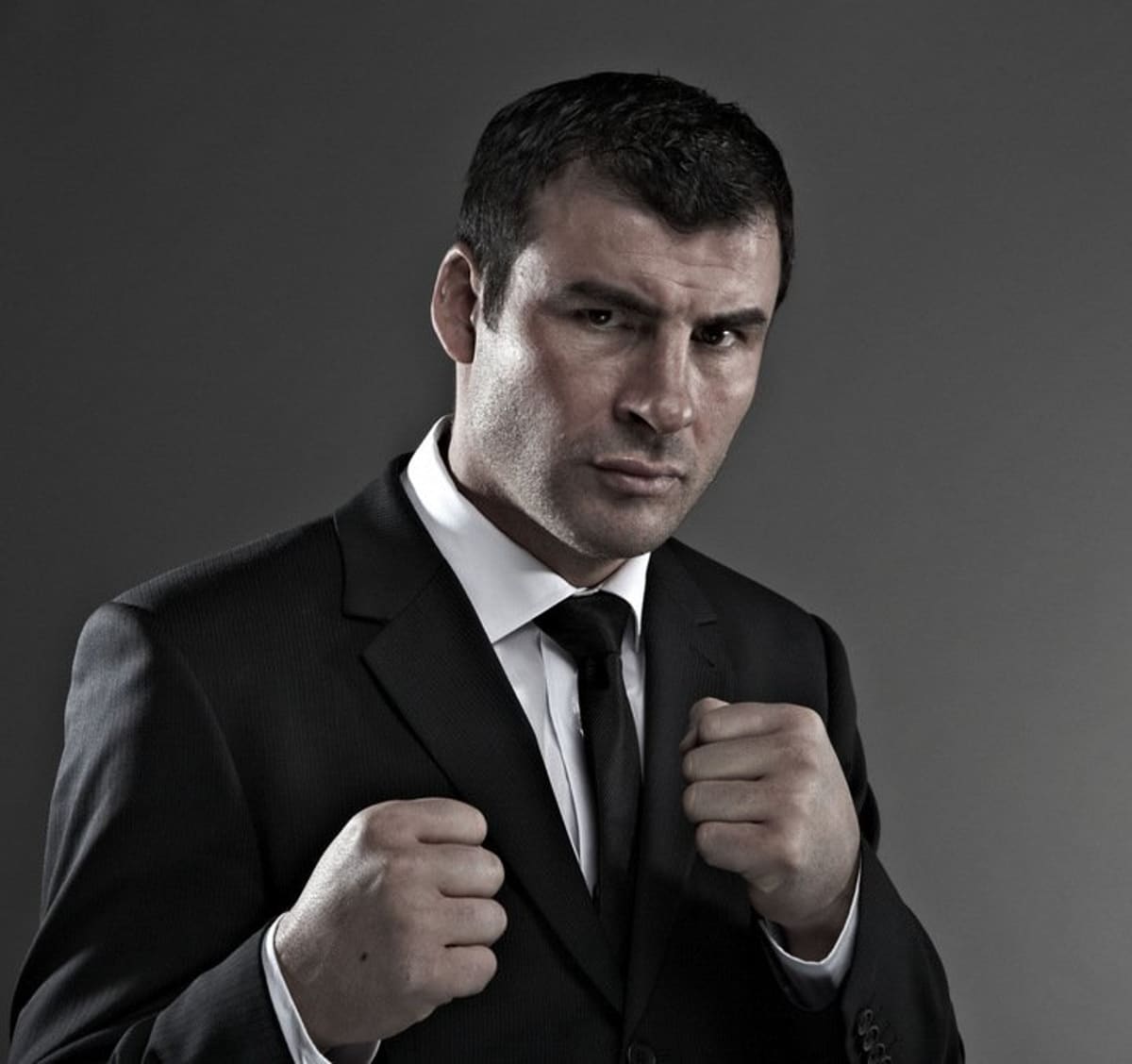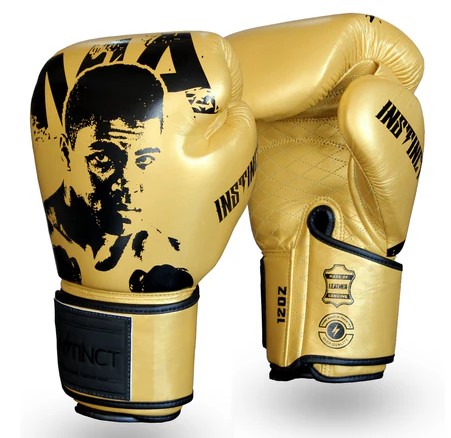By Nat Thomas: There seems to be an endless debate raging on about the career and legacy of Joe Calzaghe, and a consensus is nowhere in sight. But come, let us reason together. Boxers, boxing fans, writers, and analysts are all in agreement about a few aspects of Calzaghe and his career: For example, he was undoubtedly Welsh. His record stands at 46-0, with 32 knockouts. His last loss came in the amateurs, at the age of 17. His reign as super-middleweight champion lasted 11 years, in which he made 21 successful defenses.
He became undisputed champion and held all four of the major alphabet titles before moving up to light-heavyweight and claiming the Ring Championship. But the consensus ends there. What’s left is an endless speculation and argument about Calzaghe’s level of opposition, legacy as a fighter, and place among the all-time greats of boxing.
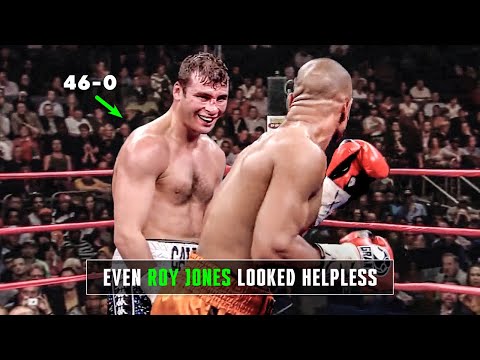
Let’s take a look at Calzaghe’s career.
Calzaghe turned pro in 1993, building a record of 22-0 (21 KO), with 10 of the knockouts coming in the 1st round. When Steve Collins retired in 1997 rather than face the young up-and-comer, Calzaghe got his first title shot against Chris Eubank, winning the WBO title in a hard-fought unanimous decision which saw Eubank hit the canvas in the first round. Calzaghe then attempted to pursue unification bouts with Markus Beyer and Sven Ottke while defending his title 17 times against fighters such as:
Omar Sheika (20-1, 13 KO), who had beaten Glen Johnson in his previous fight.
Robin Reid (26-1-1, 19 KO), who had previously lost a controversial unanimous decision to Ottke.
Richie Woodhall (26-2, 16 KO), who had beaten Markus Beyer.
Mario Veit (30-0, 18 KO)
Byron Mitchell (25-2-1, 18 KO), who dealt Calzaghe the first knockdown of his career.
Mario Veit (45-1, 23 KO), who had gone on a 15 fight winning streak after losing to Calzaghe the first time.
The Reid fight ended in a split decision. The other fighters mentioned were all stopped. Calzaghe had built his record to 40-0 (31 KO). Not a bad KO percentage for an alleged slapper…
But that was all about to change in 2006. IBF Champion Jeff Lacy (21-0, 17 KO) was headed across the pond to show this slapper how it felt to be smacked around by a real man. Lacy was very highly regarded, and this bout was Calzaghe’s first real exposure to American fans. Lacy was the heavy favorite amongst boxing analysts and bookmakers going into the bout, but Calzaghe annihilated him in a brutal 12 round unanimous decision, took his belt, gained worldwide recognition, and quite possibly ruined Lacy’s career.
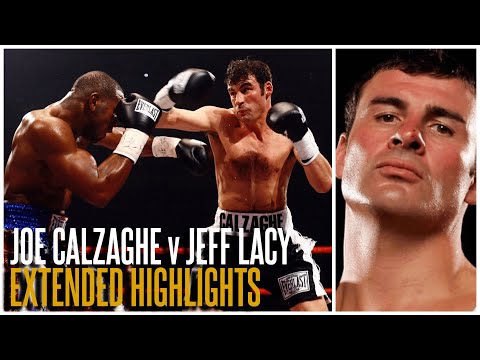

Calzaghe next defended against Sakio Bika (20-1-2, 14 KO), winning a unanimous decision. (Bika is currently the #5 ranked super-middleweight by The Ring).
After relinquishing the IBF belt to take on Peter Manfredo (in order to set up a potential fight with Jermain Taylor), Calzaghe got a unification fight with WBA/WBC champion Mikkel Kessler (39-0, 29 KO). The fight at first appeared to be close, but Calzaghe took control after the 4th round, and by the ed of the fight Kessler seemed completely out of ideas and sapped of willpower.
Having cleaned out the super-middleweight division, Calzaghe moved up to light-heavyweight to challenge Ring champion Bernard Hopkins, who had wins over Oscar De La Hoya, Winky Wright, Antonio Tarver, and Felix Trinidad. Calzaghe won a split decision (one judge scored it 114-113 Hopkins, while the other two saw it much more decisively in favor of Calzaghe, 116-111, 115-112). Hopkins would go on to destroy Kelly Pavlik and was ranked #4 pound-for-pound by The Ring.
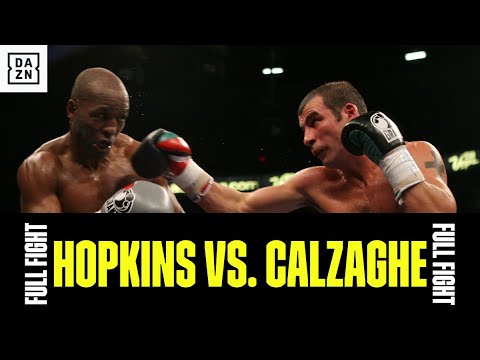

Calzaghe then took on Roy Jones Jr., who had wins over Hopkins, James Toney, Clinton Woods, Felix Trinidad, and Mike McCallum, in Madison Square Garden. Calzaghe dominated the fight, giving Jones a nasty cut over the left eye and winning by unanimous decision. Having accomplished everything he wanted to while maintaining his unbeaten record, Calzaghe retired at 46-0, 32 KO.
That’s his record. But how did he manage to put that many wins together? Well let’s see…
A Great Chin: He was knocked down 4 times in his career, and never seemed hurt or in trouble. Never at any point in a Calzaghe fight did viewers feel that he was in danger of being knocked out or having the fight stopped. One of the knockdowns (the one by Roy Jones Jr.) was a forearm shot to the face.
Freakish Conditioning: Calzaghe never, EVER appeared tired, and he never slowed down. He frequently threw 100 punches per round, and often topped 1,000 punches in a fight. He was one of the best-conditioned fighters of all time.
Inhuman Speed: Perhaps Calzaghe’s greatest asset. His hands were lightning-fast, but his ability to move his upper body and his feet were what really carried him to victory. He could seemingly appear at will anyplace inside the ring, and usually where his opponent least expected him. He would find his spot, land a flurry of punches, and then reappear somewhere else for another flurry. Calzaghe would very rarely be seen blocking shots, he preferred to simply evade them, opening up opportunities to counter. Opponents foolish enough to attempt a shot of their own at Calzaghe were usually made to miss and then re-payed ten-fold.
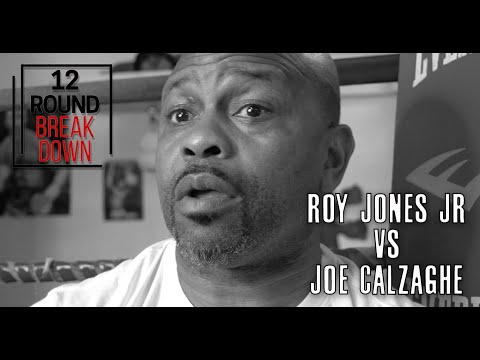

A Fighter’s Mentality: A tall, speedy fighter like Calzaghe could be expected to get his wins by outfighting, picking his shots and then getting out of range–the classic stick-and-move strategy. What made Calzaghe exciting was that he rejected this strategy in favor of an all-out assault on his opponents. Rarely would Calzaghe be seen moving backwards. Against the 5’8 Lacy, Calzaghe fought almost the entire fight nose-to-nose with the fearsome puncher. Calzaghe is often criticized for a lack of power, although his 32 knockouts suggest that he wasn’t exactly love-tapping his opponents. The fact is, Calzaghe walked through many men who were considered bigger punchers. One would think that if he was simply a slapper, his opponents wouldn’t have found it necessary to spend the entire fight backpedaling.
The Will Of A Champion: Calzaghe always found a way to win. When he was knocked down for the first time in his career at the hands of Byron Mitchell, Calzaghe rose to his feet, and 11 seconds later it was Mitchell hitting the floor. 35 seconds later, Calzaghe sent Mitchell stumbling into the turnbuckle, promping the referee to stop the fight. Time and again Calzaghe rose to the occasion, adjusting his game plan to get the victory. Invariably, Calzaghe’s answer was ‘more pressure.’ It takes a certain amount of mental strength to succeed at anything 46 times without failing. Boxing is no exception.
But few people will argue that Calzaghe didn’t have skill. Rather, the contention is usually that he didn’t have any big names on his resume, or that he waited too long to get in with the great fighters that he did fight. So let’s take a look at the facts:
He unified the super-middleweight division. Some contend that the division was weak…others say that Calzaghe was just too good. Many fighters avoided the super middleweight division, fighting at middleweight or light-heavyweight rather than facing the likes of Calzaghe, Lacy, or Kessler.
He attempted to get the big fights, but he was at a disadvantage: He was too dangerous to take on without a large monetary reward (which was not forthcoming, since he was relatively unknown to casual fans in the States until 2006). He built much of his career by attempting to lure Ottke into a match, dominating men that Ottke had recently fought and even going so far as to offer to accept a purse of 1 euro plus travel expenses to fight Ottke wherever he pleased. Ottke would have none of it, however.
Roy Jones was not interested. By the time Calzaghe got his first super-middleweight title, Jones had already won a title at light-heavyweight. There was no reason for Jones to fight an unknown Welsh super-middleweight. While Calzaghe cleaned up the division, Jones was cleaning up his own and winning a heavyweight title. When Calzaghe made a name for himself by unifying the division in 2007, Jones was finally ready to fight him.
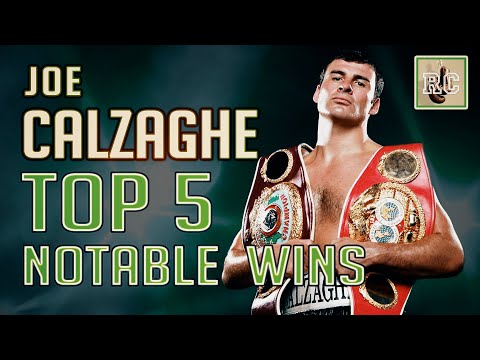

Calzaghe wanted Hopkins in 2002, but Hopkins demanded an unrealistic amount of money at the last minute, effectively ending the chance of the fight happening. Hopkins remained a middleweight until 2006, moving up to light heavyweight and jumping Calzaghe’s division. Calzaghe, on the other hand, was big for a super-middleweight, so going down to middleweight was never an option for him. He had a very hard time even making 168 toward the end of his career.
Some folks criticize Calzaghe for never fighting ‘on the big stage’ in America. This is a relatively easy argument to make, but it isn’t very meaningful now that we have modern technology like television and a thing called Millenium Stadium in Cardiff. Why fight in Vegas when you can get the same TV coverage AND sell out a 50,000 seat arena? Calzaghe fought American fighters, but he did them a favor by giving them a shot at the real big stage in Cardiff and on American television at the same time. Calzaghe may have fought in his hometown, but he can never be accused of getting a hometown decision–the only fights of his that were even close were the Reid fight (in Newcastle) and the Hopkins fight (in Las Vegas).
He was ranked #2 pound-for-pound by The Ring. He fought everyone in and around his division, and those that he didn’t fight had been beaten or have since been beaten by people he did fight (not that this means very much, but some fans seem to rely on the ‘A beat B and B beat C’ argument). And he typically dominated fights, not just edging out a win.
So the only question that remains to be answered is who Calzaghe should have fought.
The only fighters that he can be accused of ducking is Carl Froch –who else was clamoring for a shot at Calzaghe? No one could seriously expect Calzaghe to fight Froch, who had no names on his resume and no fan base outside the UK. The only thing Froch had to offer is the title that Calzaghe had recently vacated. Furthermore, no serious boxing analyst would have been backing Froch to win. In short, Calzaghe would be accused of taking an easy payday in the UK to pad his record and avoid U.S. fighters.
What about Dawson back then? Aside from having absolutely no fanbase, no good names on his resume (besides Tomasz Adamek), and what is typically regarded as an aesthetically displeasing style, Dawson would have been a perfect opponent for Calzaghe…if Calzaghe was interested in making no money and doing nothing to further his legacy. A win over Dawson would have been regarded a lot like the Lacy win: Calzaghe beating up an overrated young fighter who got in over his head.
Who else is there?
Jones, Hopkins, Ottke, and Taylor had all avoided Calzaghe earlier in his career.
Tarver: An old man who had already lost to Jones, Hopkins, Johnson, and Dawson.
Johnson: A very old man who lost to Hopkins, Ottke, Sheika, Woods, Tarver, and Dawson.
Pavlik? Interesting proposition, but he would have to move up two weight classes, so Calzaghe wouldn’t get much credit for winning. Hopkins beat him before Calzaghe fought Jones, so at the time of Calzaghe’s retirement Pavlik was no longer a valid opponent.
Lucian Bute and Andre Ward weren’t even name’s at that point. Calzaghe would once again get the Lacy treatment for beating them, and Arthur Abraham was a middleweight who hadn’t fought anybody of much note.
Hopkins wanted a rematch, but the first fight was so ugly that no one wanted to pay to see it happen again. Besides, Calzaghe was already taking a lot of heat for fighting such an old man. In hindsight, it’s apparent that Hopkins isn’t really that far past his prime, but if Calzaghe beat him it would be regarded as another meaningless win.
So really, who among the stars of the middleweights, super middleweights, and light heavyweights could Calzaghe have fought that would add to his legacy? Part of me wants him to come back and tear up the winner of the Super Six, but part of me also wants boxing to move on. I like to think that the super-middleweight division is heating up and has a ton of talent, so I’d rather not see an old guy come in and dominate the best man in the division. Where would that leave us?
The bottom line is that Calzaghe fought and defeated the best that he could get into the ring with. But he has only himself to blame for the lack of quality opponents on his resume: Maybe if he hadn’t spent 11 years destroying the fighting soul of every boxer who stepped into the ring with him, fighters would have stopped hiding at 160 and 175 and got up enough courage to fight Super Joe Calzaghe.
Découvrez sur Boxe.bet l'agenda des prochaines rencontres de boxe, des conseils de pronostics et les sites de paris sportifs légaux, disponibles en français pour les amateurs de boxe.
